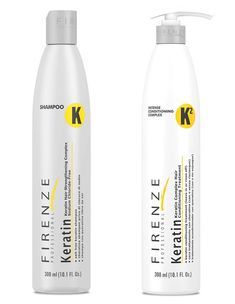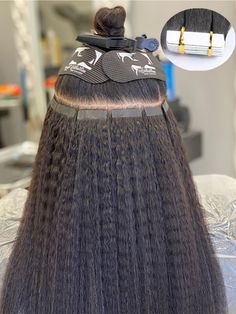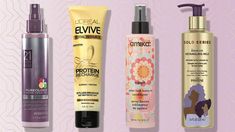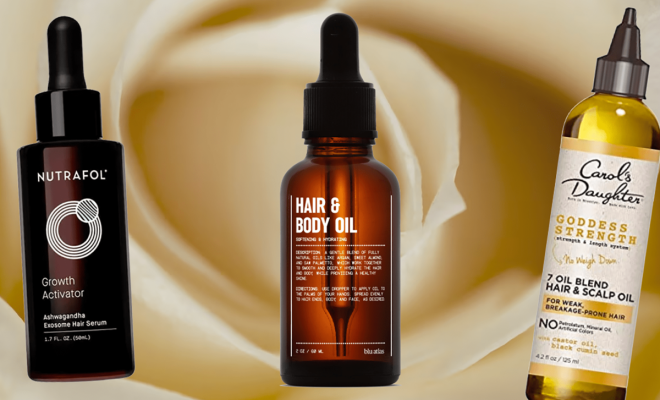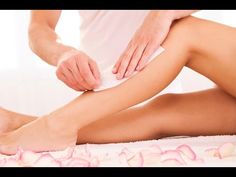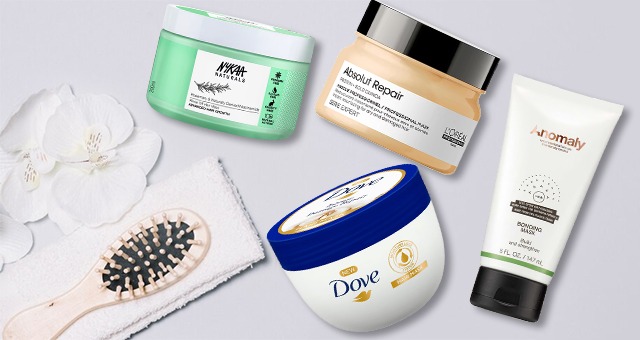The Best Vitamins for Hair Growth
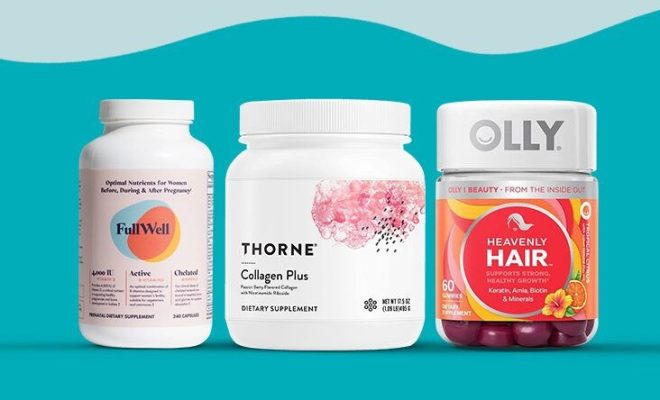
Hair is often seen as a reflection of our identity and having healthy, luscious hair is a goal for many. While genetics play a significant role in one’s hair quality and growth, nutrition can also have a marked impact. Adequate vitamin intake supports numerous body functions, including hair growth. Here, we explore the best vitamins that can help contribute to hair health.
Vitamin A
All cells require vitamin A for growth. This includes hair, the fastest growing tissue in the human body. Vitamin A also helps skin glands make sebum which moisturizes the scalp and helps keep hair healthy. However, too much vitamin A can be harmful and even lead to hair loss, so moderation is key.
B-Vitamins
One of the best-known vitamins for hair growth is a B-vitamin called biotin. Studies link biotin deficiency with hair loss in humans, although it’s incredibly rare to have this deficiency if you consume a balanced diet. Other B-vitamins help create red blood cells, which carry oxygen and nutrients to the scalp and hair follicles — critical processes for hair growth.
Vitamin C
Free radical damage can block growth and cause your hair to age. Vitamin C is a powerful antioxidant that protects against the oxidative stress caused by free radicals. This vitamin also creates a protein known as collagen — an important part of hair structure — and helps the body absorb iron, a mineral necessary for hair growth.
Vitamin D
Low levels of vitamin D are linked to alopecia, a technical term for hair loss. Research also shows that vitamin D may help create new follicles — tiny pores where new hair can grow.
Vitamin E
Similar to vitamin C, vitamin E is an antioxidant that can prevent oxidative stress. In one study, people with hair loss experienced 34.5% more hair growth after supplementing with vitamin E for eight months.
Iron
While not a vitamin, iron is an important nutrient that your body needs for many functions, including hair growth. Iron helps red blood cells carry oxygen to your cells; this makes it an important mineral for many bodily functions including hair growth.
Zinc
Zinc plays an important role in hair tissue growth and repair. It also helps keep the oil glands around the follicles working properly. Hair loss is a common symptom of zinc deficiency.
While vitamins are essential for healthy hair and can be consumed through food intake, supplements might be helpful if you’re deficient or under certain medical conditions — but always consult with your healthcare provider before starting any supplement regimen. With proper nutrition comes healthier body systems capable of supporting robust and vibrant locks worthy of envy!

